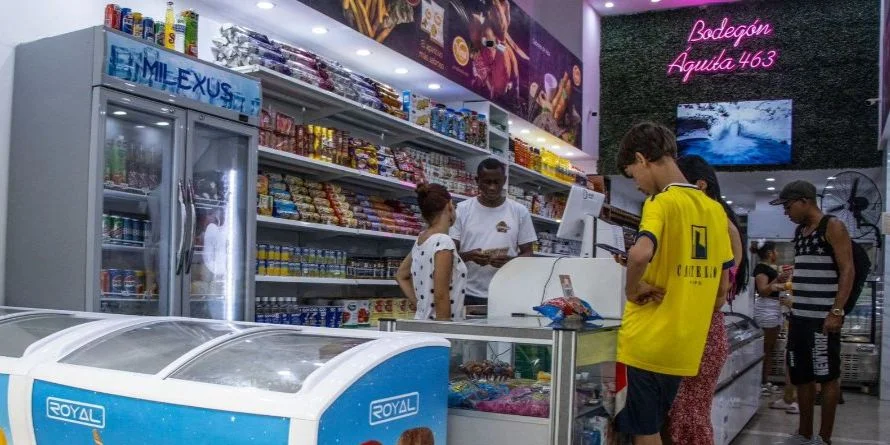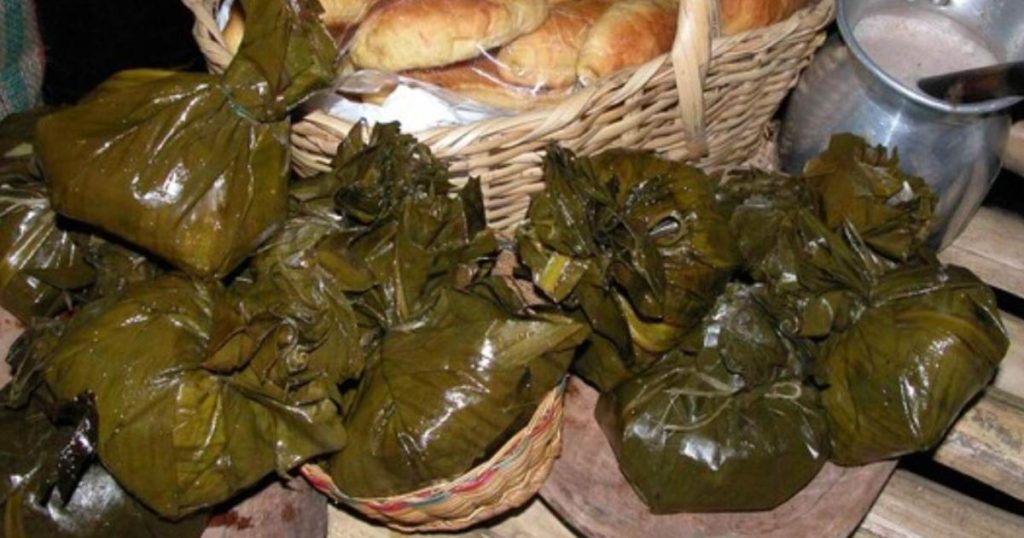HAVANA, Cuba. – With Resolution 56 of the Ministry of Domestic Trade (MINCIN), published in the Official Gazette of the Republic of Cuba On December 5, all commercial licenses granted to the more than 8,000 MSMEs, non-agricultural cooperatives (CNA) and self-employed workers (TCP) who in August 2022 had been authorized to engage in wholesale trade as an activity were canceled. secondary, although since September 2021 the activity already appeared as the main object of at least one state MSME (SERVOLEM) among the first 35 approved for that date, and in none as a secondary activity, although they would incorporate it a little later.
It can be said that almost all of them, except the state ones and a single private one (G&G Mayoristas SURL, approved in March 2023), have been affected by the provision, while a list from the Ministry of Economy and Planning (MEP) updated precisely this month Currently, 8,623 micro, small and medium-sized companies have been approved in Cuba, a figure that has not changed noticeably since August 2023 when a last group of 49 private MSMEs and a single state-owned MSME were approved, for a total of 50 that contrasts enormously with the various groups of more than 100 companies approved together previously, before silently decreeing the brakes on seemingly uncontrolled growth.
But it is important to keep in mind that the slowdown was not accompanied by the public demonization of the private sector by the Cuban regime, nor as an effect of the decree-laws approved since mid-2023 to supposedly regulate the creation, operation and extinction of the companies. MSMEs, but these came after the sudden freezing order to justify the obvious setback that the Communist Party had ordered out of fear that private entrepreneurs would become a political force with the capacity to, first, supplant it and, then, overthrow him.
A special fear for those connected or disconnected from political power, but with indisputable economic power, with considerable accumulated capital (in foreign currency) and with a financial network practically their own that escapes the control of the Central Bank (and that not only competes with it). but it sets the guidelines for wholesale and retail prices, exchange rates, the flow of foreign currency abroad, the circulation of cash and therefore the dynamics of the state sector and the Government itself) but, above all, in several cases strategically articulated with figures of the own regime (and in a good part of the businesses behind it) such as the cases of the former Minister of Economy Alejandro Gil and the most recent of the former first vice minister Jorge Luis Perdomo Di-Lellaboth currently under house arrest under investigation, according to information offered by sources close to the former leaders.
Two cases that, due to the discretion and slowness with which they have been treated by the regime, after the scandals of the sudden dismissals, have made evident not only the high degree of corruption prevailing within the Central Committee of the Communist Party itself but also the unstable material of which the terrain is made where the thousands of MSMEs operate, whose “prosperity” and “stability” depend not only on the connection that they establish with the regime or with some of its main figures but on the previous pact of complicity that exists, in which always – with the few exceptions of some privileged by ancestry – an articulation of frank subordination with state companies is mandatory.
“If a company [privada] It does not arise at the initiative of the Government, because [no] “It exists as, let’s say, a ‘task’, it is very likely that its life cycle is very short, and when the initiative comes from above, you cannot have initiatives”: this has not been said by just anyone on the street but by a former official of the MEP consulted by CubaNet recently.
“Initiatives are never well regarded. (…) What happened to us [a Gil, a mí y a otros]what also happened to Di-Lella, was not a matter of ‘ties’ but a matter of ‘initiatives’. You can’t have initiative. You cannot change a single word in the script,” advises the former official.
Apparently, if this single and severe condition is not met, in no law or decree collected but known in practice by all the entrepreneurs who today pay for the ignorance of the “detail”, any business undertaken on the Island by personal “initiative” will be in danger of being struck down either by a decree in progress, by another that will be published or by another “exercise” against illegalities and corruption which just a few hours after completion is already beginning to reveal million-dollar fines, criminal proceedings, imprisonments, confiscations, and business closures.
An agility in the “Exercise” processes that contrasts enormously with the delay in making public the conclusions on the previous investigative processes of two ministers dismissed for their connection with those same phenomena that have always affected the Cuban economy, but that have now attempted to attack in a week.
The most important thing, between Resolution 56 and the “Exercise”, is that with drug distraction (which took only a few small-time distributors in Alamar or La Güinera, and did not even attack those drug trafficking headquarters that we all know, and that the Ministry of the Interior has well mapped) and the prices of the retailers , the regime has just condemned thousands of businesses to closure that will no longer be able to sustain their ventures with the import of goods and wholesale sales independently. They will close no matter what because now they will have to (dis)supply themselves in the way that means having the State as a mandatory intermediary.
A strategy that is not new, that they thought about from the moment when they decided to give the green light to the first 35 MSMEs on September 29, 2021, and that is reflected in the detail that, that time and the rest, only one state one ( SERLOVEM) and no private sector was approved for the purpose of importing and selling wholesale.
But if we review all the lists published to date, we will discover that in the successive approvals until August 2023, the dynamics were similar. The monopoly of imports, intermediations and wholesale sales was always reserved for just over four state MSMEs (IMPEXPORT, Agencia Importadora Caribe, Geoproductos and ITcódigo), with the rare exception of a micro-enterprise from Havana, G&G mayoristas SURL, registered in the name of the young law graduate Alberto Ochoa, although allegedly linked to the multiple businesses of Loreta García, daughter of the commander Guillermo García Friasaccording to information accepted and offered to several of his clients as a guarantee of the formality and stability of “his company” (the information was denied by Ochoa when he was contacted by telephone by a journalist from CubaNet).
True or not, it is striking that G&G is the only private MSME that had and maintains import and wholesale sales as its main activity, and therefore the only one that, without being state-owned, has emerged unscathed from the effects of Resolution 56. And it is, In addition, the only “private” approved since September 2021, being registered only in March 2023, just a few months before rumors began to spread of the bad times that were coming, between August and December. 2023. After those dates, no other was approved for import and wholesale sales as a main activity.














